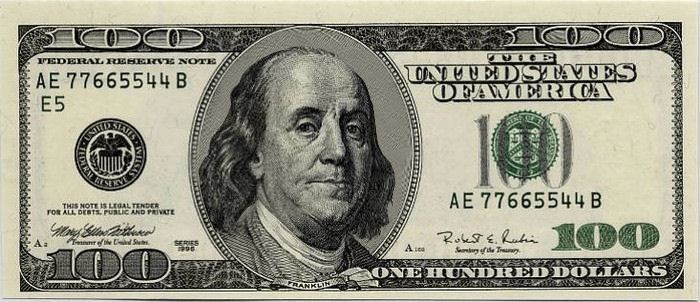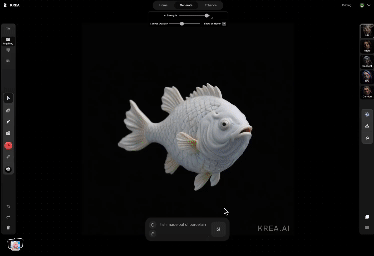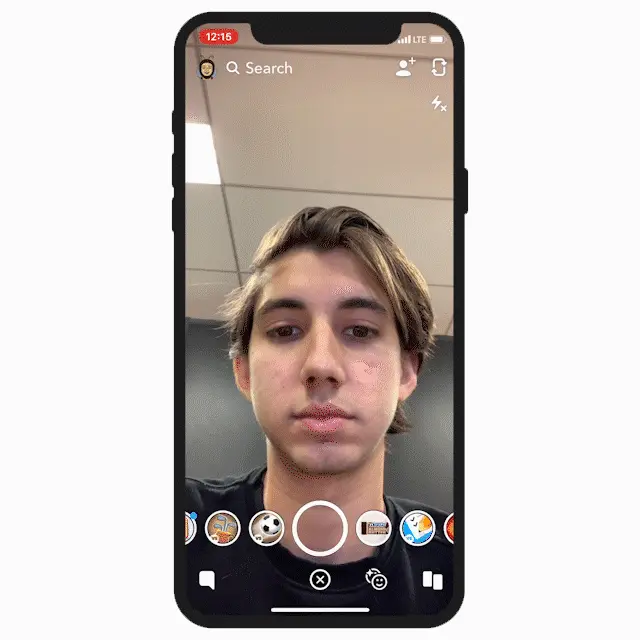What led you into design?
I have always been the creative type. Like many designers, I grew up doodling on any surface I could find. Eventually, I started buying acrylic paint and canvases, turning those doodles into larger and more colorful pieces.
When I was in high school, I got further when I began experimenting with a pirated version of Photoshop, making funny GIFs and digital art. But, it never crossed my mind that I could get paid for what I considered 'goofing around' in Photoshop.

It wasn’t until my second college semester in engineering school that I discovered the advertising industry. Learning that millions of people were getting paid for being creative was a revelation. This eye-opening moment made me change majors to creative advertising. After graduation, I began my career as an art direction intern at an ad agency in New York and since then, I’ve never looked back.
What does a typical day look like?
I currently live in Europe, but I work with teams in Asia and the US, which means my meetings can occur at random times throughout the day. This variation means no two days are alike, but I strive to maintain some consistent routines.
I usually start my day around 9 AM, often grabbing a panino salato on my way to work. My mornings are dedicated to operational tasks. While colleagues in the US are still asleep, I catch up on emails, set my to-do list for the day, and enjoy a couple of cappuccinos.
Throughout the day, I spend a significant amount of time using Notion, Figma, Photoshop, and Discord to manage and execute tasks before diving into meetings. This blend of creative and operational work keeps me feeling dynamic and engaged before calling it a day.
What's your workstation setup?
Where do you go to get inspired?
My main source of inspiration comes from creatives in other industries. There's immense potential in the cross-pollination of ideas across different fields and specialities. I spend a lot of time chatting with designers, photographers, motion artists, filmmakers, art directors, copywriters, painters, programmers, and entrepreneurs.
Additionally, I draw a lot of inspiration from the advertising industry. It's full of spectacular work that often goes unnoticed because we aren't the target audience. However, if you dig deep enough, you can find so much creative inspiration within it.

What product have you recently seen that made you think this is great design?
The whole Krea.ai interactive experience still blows my mind. The UX is both simple and effective, making for meaningful interaction that opens up many possibilities for designers using AI while retaining full control. It’s a perfect example of how great and simple design can seamlessly integrate advanced tech to increase creativity and functionality.

What pieces of work are you most proud of?
I'm extremely fortunate to have worked in the ad industry before moving in-house. This allowed me to collaborate with many Fortune 500 clients, work on quick project sprints across industries, and iterate rapidly. It was also my first opportunity to have my work seen by a wider audience.
One of my favorite projects was the advertising relaunch of the Chase Bank Mobile app. We had to animate the app's UI while showcasing the various use cases it unlocks. This project was particularly challenging but rewarding because we had to combine storytelling with functionality, demonstrating the app’s features in an engaging and dynamic way.

Another fun project I worked on was an AR face filter for Snickers. They were launching the new Snickers Creamy Almond Butter bar and tasked us with bringing it to life on Snapchat.

Outside of work, I've been exploring tech concept designs that push the on traditional form factors and aesthetic paradigms in the physical space. It's all about how we can reimagine and redefine the tangible interfaces of tech that challenge conventional design principles.
What design challenges do you face at your company?
As a media company we publish a ton of content. The main challenge is how do we keep visuals interesting, consistent and fresh, while translating them into new customer touch points like web, and software.
What music do you listen to while designing?
Any advice for ambitious designers?
Don't just move pixels—get your hands dirty and do something different. While perfecting your skills in Figma and Adobe is important, it’s not the only way to become a better creative. Challenge yourself by stepping outside your usual arena. Try ceramics, grab a camera, or use some crayons—it doesn’t matter what it is. The visceral experience of engaging in a different form of creativity will make you a more well-rounded designer. There's something valuable about getting good at playing away from home. Remember, art is all around us, not just on a screen.
Anything you want to promote or plug?
Follow me at @lucas__crespo to know what I'm up to and definitely subscribe to Every if you want to check the most interesting thoughts in tech, business and startups.






















